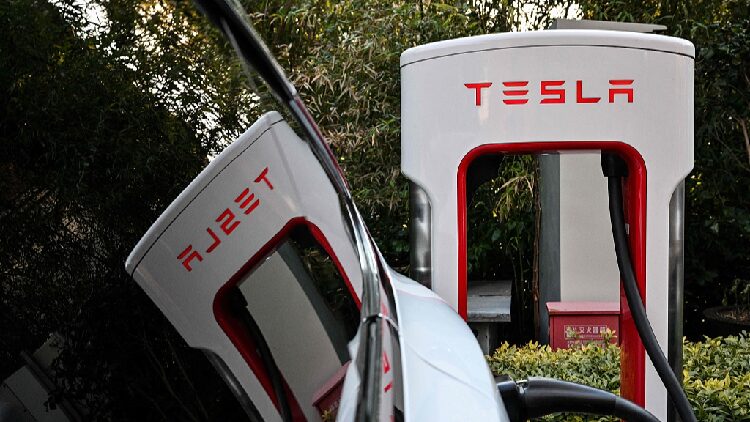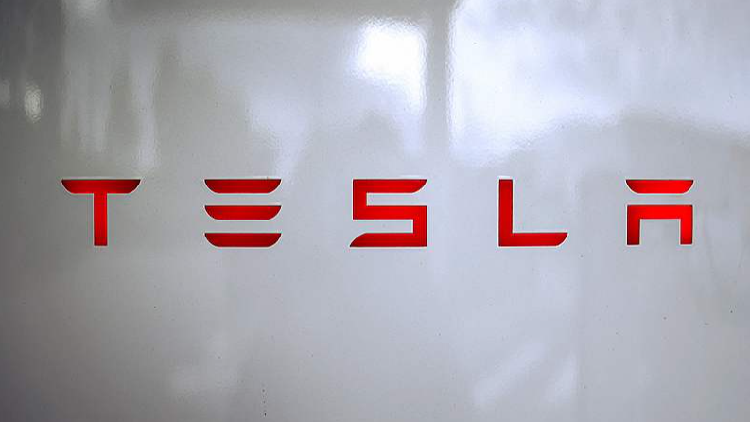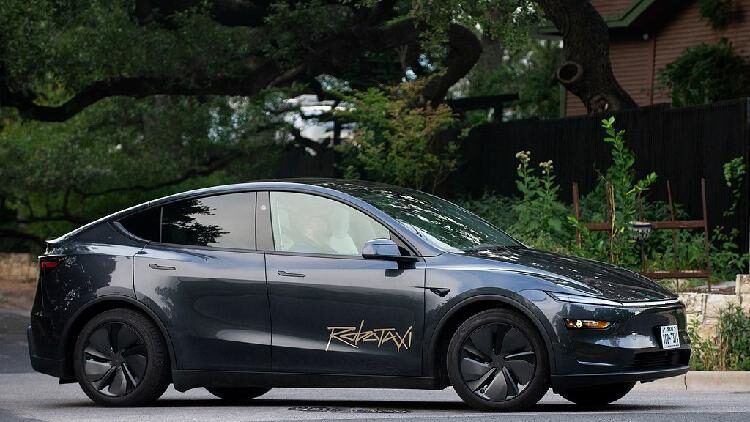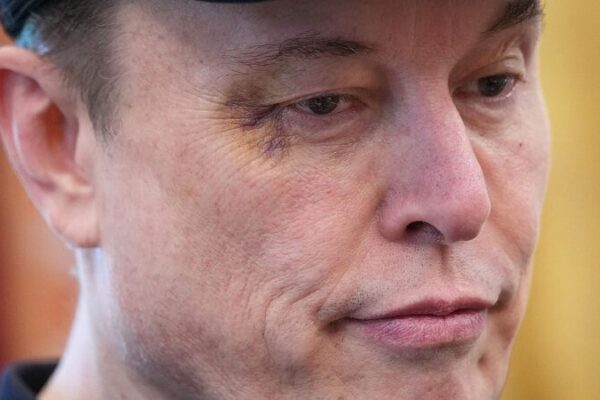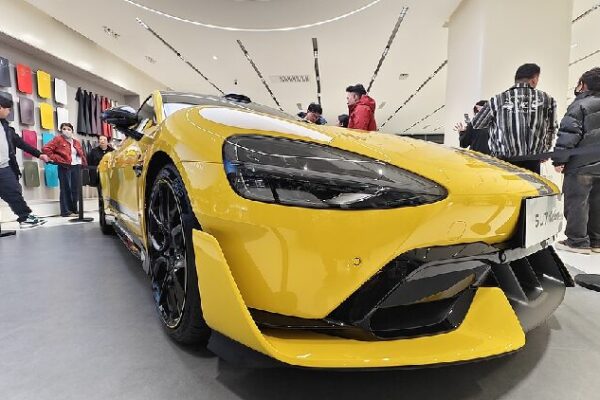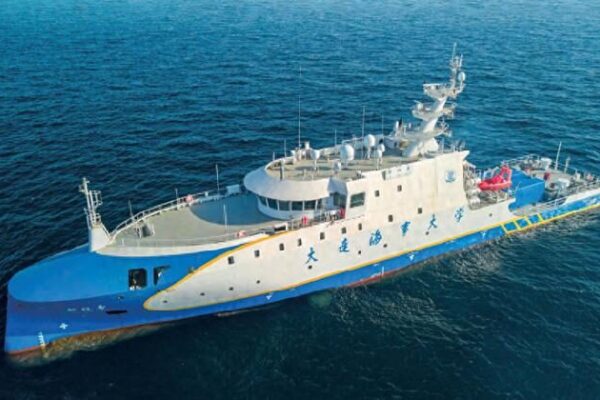Tesla has rolled out a long-awaited update to its autopilot software in the Chinese mainland, introducing a city navigation feature that marks a limited version of its Full Self-Driving (FSD) capabilities available in the United States.
The U.S. electric vehicle maker announced on Monday through its app that the new features include automatic lane-changing based on speed and route, as well as the ability to detect traffic lights at intersections and decide whether to turn. An in-car camera will monitor driver attention to ensure safety.
However, the features are limited due to insufficient data training on Chinese roads and traffic rules, according to a person with direct knowledge of the matter cited by Reuters. Tesla CEO Elon Musk has expressed the company’s desire to bring full autopilot and FSD systems to the Chinese mainland but acknowledged technological challenges. The initial goal of launching full FSD by the end of 2024 has been postponed.
Facing Fierce Local Competition
The delay in rolling out full FSD has placed Tesla behind Chinese rivals such as Huawei, Xiaomi, and BYD. These companies have launched numerous electric vehicles equipped with advanced smart-driving software capable of navigating China’s complex city traffic.
While Tesla charges nearly $9,000 for access to a limited version of its FSD software in vehicles priced from $32,000, competitors like Xiaomi offer enhanced smart-driving systems, including city navigation, for free in models like the SU7 sedan, priced from $29,700. BYD has also begun offering advanced autonomous-driving features at no extra cost on many of its models, including those priced as low as $9,555.
Tesla’s recent autopilot update is comparable to BYD’s mid-tier “God’s Eye” system, which uses advanced computing and lidar technology to generate 3D images of surroundings, aiding in obstacle navigation. This system is available in BYD’s premium brand Denza and high-end models of its Dynasty and Ocean series.
Advancements in Domestic Smart-Driving Technologies
Meanwhile, Chinese carmakers are accelerating the enhancement of in-car experiences and smart driving capabilities, especially with the integration of the DeepSeek artificial intelligence model. In early February, manufacturers including Geely Auto, IM Motors, Leapmotor, and GAC Group announced partnerships to incorporate DeepSeek’s AI model into their intelligent driving development.
These integrations aim to improve features such as multi-turn voice assistant commands, text-to-image generation, and active learning. By utilizing advanced central domain controllers equipped with powerful AI chips, the collaborations seek to refine cockpit interaction logic, bolster natural language understanding, and accelerate personalized service responses. This ensures a seamless and efficient experience across various applications, including intelligent cockpits and human-machine interactions.
To date, over a dozen automakers and brands—including BYD, Geely Auto, Voyah, Baojun, Dongfeng Motor, IM Motors, Leapmotor, and GAC Group—have announced comprehensive integrations with DeepSeek’s AI model.
Under Chinese industry standards, both autopilot and FSD technologies are categorized as level-two autonomous driving, requiring human supervision and intervention when necessary. While Tesla seeks regulatory approval from Beijing to fully roll out FSD, current regulations require automakers to register any level-two updates with the industry’s ministry.
Reference(s):
cgtn.com
